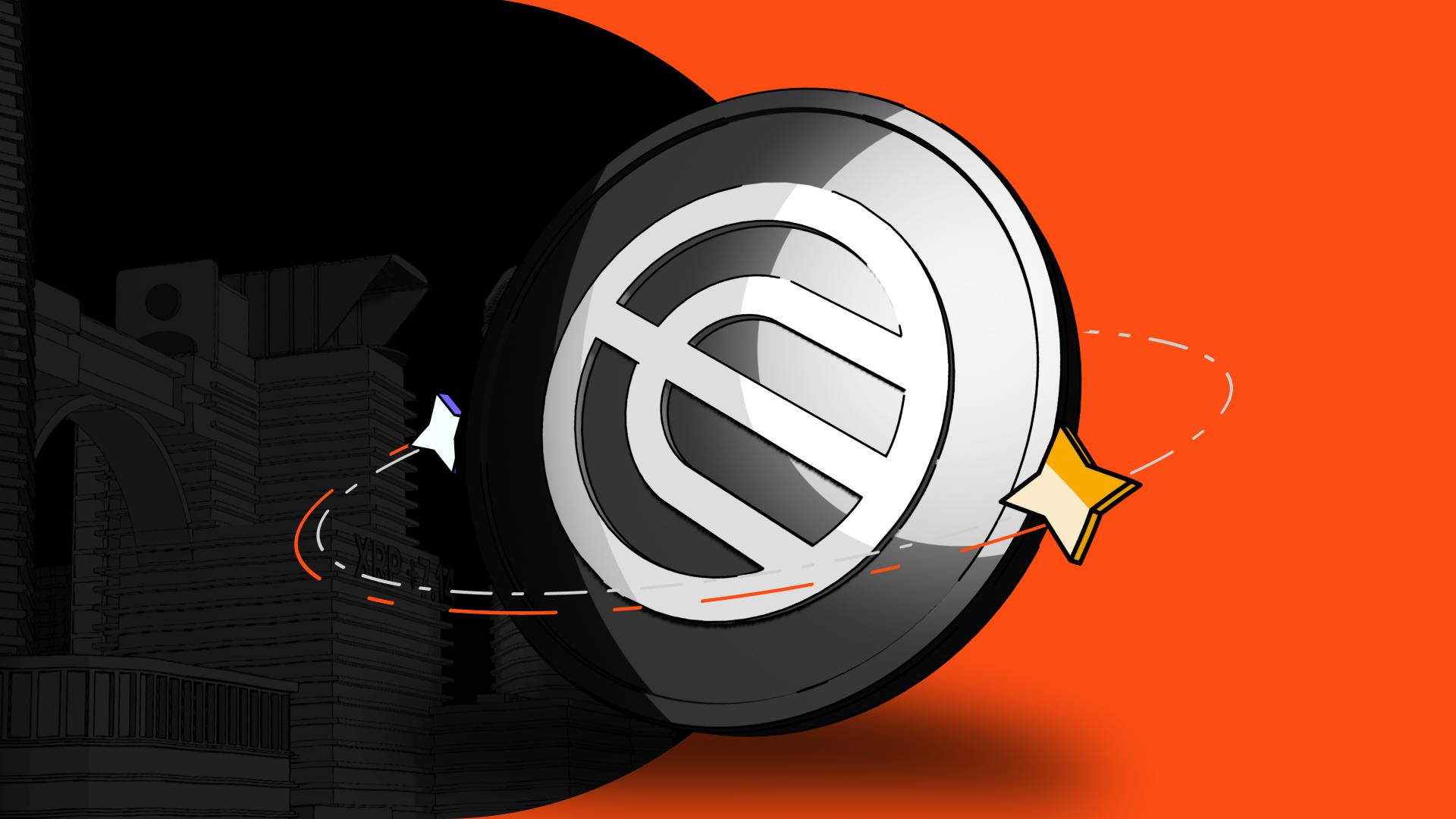What Is a Crypto Wallet?
September 21, 2022

by Kamil S
September 21, 2022
A crypto wallet lets you store, send and receive cryptocurrencies. Just like a real wallet stores your cash and cards, crypto wallets store your ‘passkeys’ which grant you access to your digital assets.
Cryptocurrency wallets make the blockchain accessible to everyone. The user-friendly experience of crypto wallets allow anybody, anywhere to manage digital assets with ease.
The first crypto wallet belonged to Satoshi Nakamoto, the anonymous Japanese man (or group of people) who invented Bitcoin and set the stage for all cryptocurrencies. The second oldest wallet belongs to Hal Finney, an American cryptographer who corresponded with Satoshi about Bitcoin and reportedly was the first person to become an early user of Bitcoin.
Wallets contain two keys; a public key and a private key. You can use your public key to transact, or send funds from one address to another. If you send coins from one address to another, you are signing your transaction with the private key for both addresses. Think of a cryptocurrency wallet as a bank account for your digital assets. These wallets use an internet connection to access the blockchain network for the cryptocurrency you’re using.
It’s important to understand how wallets work. If you think about it, cryptocurrencies are just bits of data stored in a database. These bits are scattered all over the database and your Wallet finds all of the bits associated with your public address and sums up the amount for you in the app’s interface.
Wallet type is a very important thing to consider before you start using cryptocurrency. There are two main types of wallets, custodial and noncustodial. A custodial wallet is hosted by a third party that stores your keys for you. This third party could be an enterprise like a data storage company, your bank, or a cryptocurrency exchange. A noncustodial wallet is a wallet in which you take responsibility for securing your keys.
Furthermore, there are two subcategories of crypto wallets: hot and cold. Hot wallets have access to the internet, or to a device that is connected, while cold wallets don’t. A cold wallet that is completely offline will be, generally speaking, safer than a hot wallet with internet access.
These two categories can further be divided into three subcategories: software, hardware, and paper.
- Software wallets are installed on a desktop, laptop computer or mobile device and can access your cryptocurrency, make transactions, display your balance, and much more.
- Hardware wallets are the most common type of wallet because they make it easy to protect your private keys and remove them from your device. These gadgets look like a USB drive, and modern hardware wallets have several features, such as Bluetooth compatibility, two-factor authentication and password protection.
- Paper wallets are the oldest and simplest form of cold storage. With a paper wallet, you print or type the private and public keys on paper which you keep in a safe place. It’s important to ensure that your funds don’t get lost or destroyed. This is not the most convenient way to store crypto, but it could be safer than leaving them on your computer or mobile device.
Keeping your crypto safe is of utmost importance and you should not take this lightly. The most vulnerable point could be your digital wallet or exchange provider. These days, cybercriminals use advanced techniques to steal coins and tokens. Sadly, there are automated bots that can drain crypto accounts instantly as well as several other malign practices. Let’s find out how you can avoid all that and keep your hard-earned crypto safe.
- Use a cold wallet – By far, one of the best methods to keep your crypto away from cybercrime is by using a cold wallet. Having your assets safely stored on a hardware wallet that is not connected to the internet or other device will make it impossible for hackers to gain access. Be careful though where you keep your cold wallet – in this case, losing the hardware will mean saying goodbye to everything that is stored in your wallet.
- Avoid scams – These days, scams come in all shapes and sizes. Be careful not to click on any suspicious ads, emails, or social media messages that might lead to a hack. Moreover, pay attention not to give your credentials away on fake cloned websites or fake apps!
- Use a secure device and internet connection – While trading or accessing your digital wallet, doing so via a public Wi-Fi network is risky. It is recommended to use an up-to-date device as well as a secure internet connection. You can increase your security and privacy by using VPN software that changes your IP address and location.
- Use multiple wallets – Another preventive measure is to store your crypto on multiple wallets. Perhaps a mix of hot and cold wallets would increase the security of your entire portfolio. In case something happens with one of the wallets, you will not lose everything in the process.
The crypto space has no shortage of scams and fraudulent behavior. The FTC reported an annual increase of 312% in fraud and scams related to crypto in the past few years. If you invest in crypto, it is your responsibility to protect your portfolio and avoid hacks. In case of a cybercrime attack, sadly no one will be able to intervene or reimburse you.
At the beginning of this summer, Coinmetro partnered with Fireblocks, the #1 Institutional Custody Platform and also the one with the most integrations into Crypto/DeFi. Thousands of crypto, Web3 and digital asset businesses use Fireblocks software and APIs for custody, to manage treasury operations, access DeFi, mint & burn tokens, and manage digital asset operations.
The partnership actually kick-started our summer-long 15 Weeks of Summer campaign – a program designed to bring more value to Coinmetro exchange and into your portfolio.
Hang around on our Discord and Telegram channels to chat, have fun and learn something new every day. Sign-up today, or head to our new exchange if you are already a user and be a part of one of the fastest-growing crypto institutions.
Tags
Related Articles

Coinmetro 2026 Roadmap: Focus, Simplicity & Real-World Impact
This post explains not only what we’re building in 2026 — but why. This year represents a deliberate strategic choice. The exchange market has…
3m

Coinmetro Officially Files for MiCA in Malta
This is a major milestone for Coinmetro. We’re proud to announce that Coinmetro has successfully filed its MiCA application in Malta, marking the…
2m

Zero Fees. Zero Waiting. Introducing Coinmetro Internal Transfers.
Moving value to friends and family just became instant, free, and borderless. Crypto was built to move at the speed of the internet. But too often,…
4m

Worldcoin (WLD) Now Listed on Coinmetro
We’re adding another asset to broaden user choice on Coinmetro: Worldcoin (WLD). This listing gives users who are interested in emerging…
2m